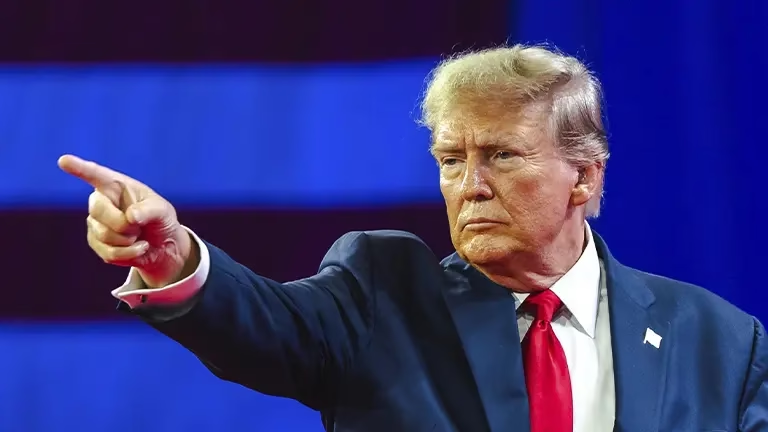Donald Trump’s move to impose a 15% tariff on European Union medical devices has triggered alarm among healthcare leaders, who warn the decision will inflate costs for U.S. patients and destabilize critical supply chains.
Unlike past trade disputes where pharmaceuticals and medical goods were spared on ethical grounds, the EU’s €27.4bn medtech exports to the U.S. received no exemption. Industry body MedTech Europe called the move “monumentally serious,” stressing that patients will ultimately pay the price.
Major manufacturers such as Siemens Healthineers and Philips estimate losses of up to €250mn this year, with Siemens projecting a €400–500mn hit next year before passing costs through higher prices. Swiss firm Ypsomed, meanwhile, said it may shift production and accelerate U.S. manufacturing plans to avoid duties.
Analysts warn tariffs could push up prices fastest for items like stents and hip implants, while also creating systemic supply risks. Medical devices often rely on transatlantic supply chains, where even small disruptions can ripple across hospitals.
The White House dismissed industry criticism, accusing EU countries of maintaining their own trade barriers. But the blow is particularly sharp in Ireland, a medtech hub supplying 80% of the world’s stents, where nearly half of exports go to the U.S.
With 38,000 European companies most of them small businesses employing thousands across Germany, Italy, the UK, and Ireland, industry voices warn the tariffs carry both economic and ethical consequences for global healthcare.




